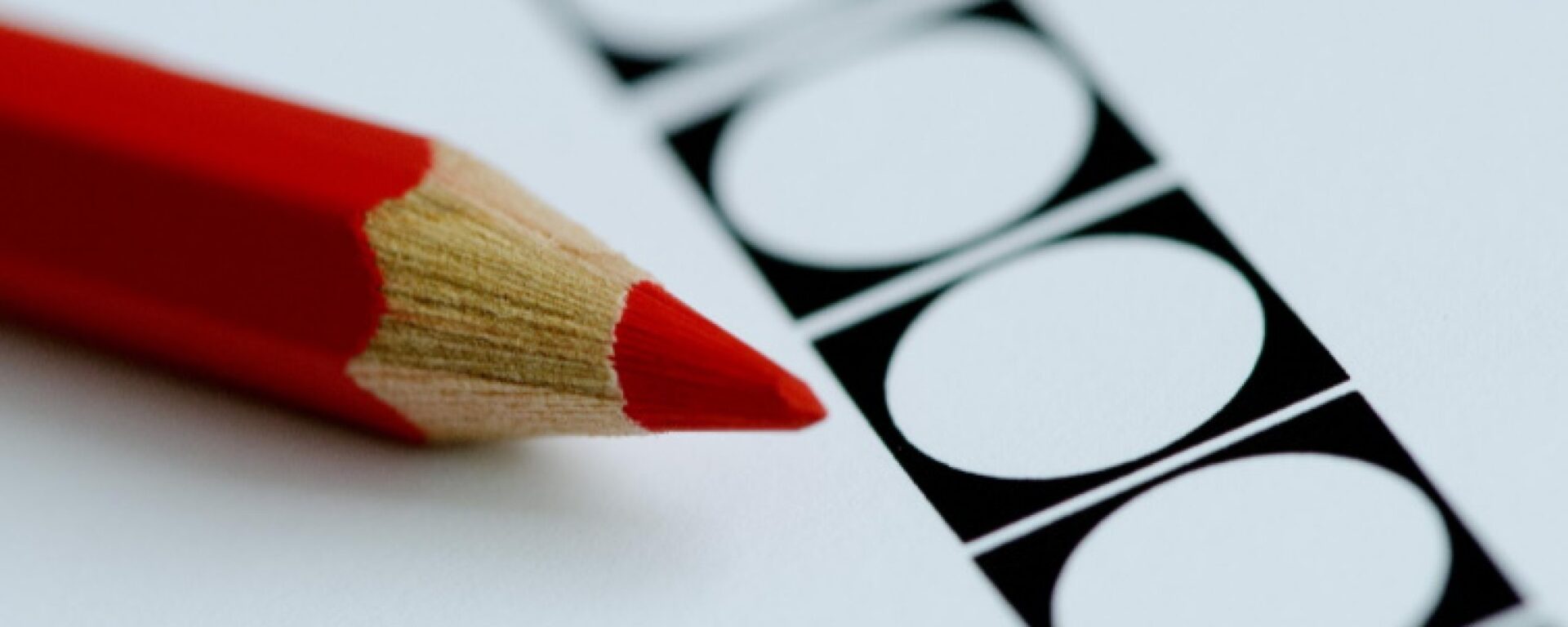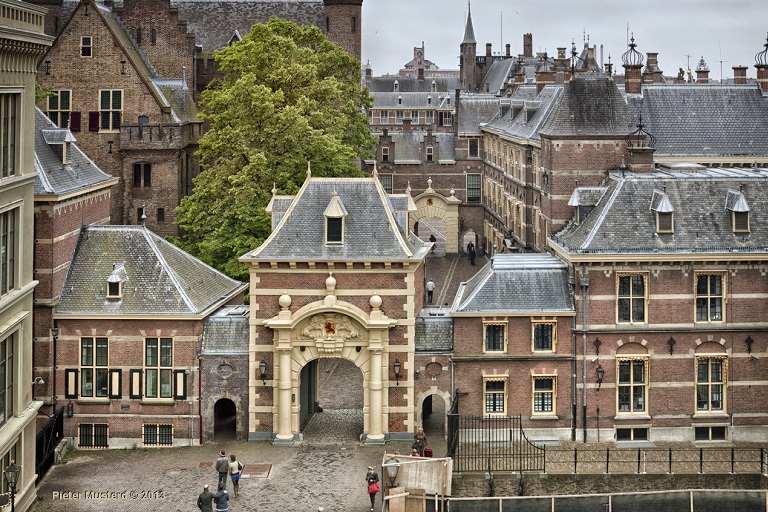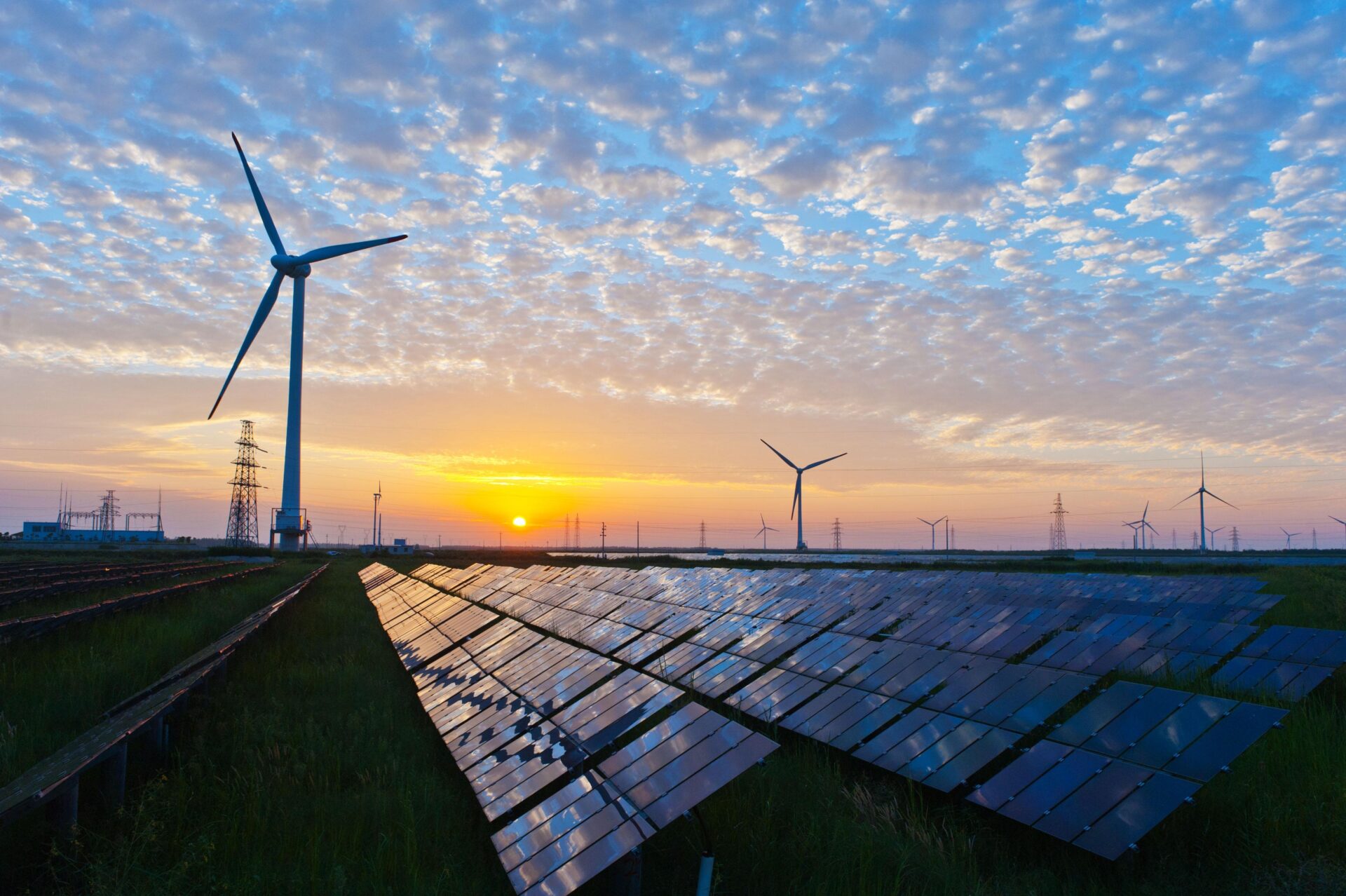A heavy remedy
The parliamentary inquiry is the toughest investigative tool available to the House of Representatives and allows for extensive research, document requests and interviews of those involved under oath. Dutch citizens summoned for questioning by the committee are required to appear. The remedy is relatively rare; there have been a total of 21 in parliamentary history since 1852. Well-known subjects on which parliamentary inquiries have been conducted include Srebrenica (2002), the Bijlmer disaster (1998-1999) and government policy during World War II (1947-1956). The last time a large-scale parliamentary inquiry was held was in 2013 on the Fyra train connection between the Netherlands and Belgium. Since 2016, it has also been possible for the House of Representatives to question people under oath without organizing a full parliamentary inquiry. Such a short-term investigation is called a parliamentary questioning. The recent interrogation on the childcare allowance fraud is an example of such a "mini-survey. Tom van der Lee, initiator of the parliamentary inquiry into gas extraction in Groningen and chairman of the committee, was also a member of the interrogation committee investigating the childcare allowance affair.
The inquiry
The committee itself describes the purpose of its inquiry as follows: "The purpose of this Committee of Inquiry is to establish the truth and obtain explanatory insight into the decision-making process concerning natural gas extraction, damage settlement and reinforcement in Groningen. This makes it possible to arrive at judgments about the entire period and to draw lessons, thereby contributing to future prospects for Groningen and the development of future policy."
The Groningen parliamentary committee of inquiry into natural gas extraction was installed on Feb. 9, 2021, and has been investigating the decision-making process regarding natural gas production, damage settlement and reinforcement ever since. Already on March 5, 2019, the Lower House unanimously adopted the Van der Lee et al. motion calling for a parliamentary inquiry into natural gas extraction in Groningen. At the time, it was agreed that preparations for this will only start when both the damage settlement and the reinforcement process are on track. Although the government's approach was not uncontroversial, by September 2020 it was, and the Temporary Committee on Natural Gas Production Groningen was established. This committee was tasked with proposing a research design to the House of Representatives. The research proposal was presented to the House on Feb. 4, 2021. The central question of the inquiry is: "How was the decision-making process regarding natural gas extraction in Groningen, damage settlement and reinforcement conducted at crucial moments, what effects did this have, what interests and considerations played a role, and how were the interests of the Groningers handled in the process?"
Immediately after its installation, the Inquiry Committee began requesting written information and documents from relevant organizations. On this basis, it conducted extensive fact and file investigations. Chairman Van der Lee said the following: "We delved broadly and intensively into the issues. Over 600,000 documents were received from the 27 organizations to which we sent claims: ministries, oil companies, regional governments and relevant knowledge and monitoring institutions. We also went on a working visit to Groningen and heard from 25 residents at the kitchen table how the effects of natural gas extraction have come to dominate their lives."
The public hearings are the most visible part of the parliamentary inquiry, but constitute only part of the work of the inquiry committee. In addition to reading documents and visiting Groningen, 124 closed preliminary interviews were conducted during January, February and March 2022. These interviews were conducted to gather additional information and test initial findings. The choice of who to question publicly was based on two considerations: getting answers to outstanding questions and providing insight into the issues.
Comprehensive
The commission's task in this inquiry is comprehensive and the period under investigation covers over sixty years. The inquiry starts at the time natural gas was first found in Groningen: 1959 and is divided into three periods focusing on "important events and crucial moments." From the first gas discovery in 1959 to the first earthquake in 1986 (Assen); from 1986 to the severe earthquake in Huizinge in 2012; and the period after 2012, during which the winding down of gas extraction took place. The committee will pay particular attention to decisions following specific moments (earthquakes, opinions or reports) in the aforementioned periods. The committee "wants to know how decisions were made at these crucial moments and how the interests of Groningen residents were taken into account. We want to gain explanatory insight in order to form an opinion and learn lessons. In doing so, we want to contribute to perspective for Groningen and the development of future policy."
In 2020, the Presidium writes that attention should at least be paid to the original agreements with private parties that led to the creation of the so-called Gas Building. An answer should also be sought as to how it is possible that gas production was increased in 2013 after the Huizinge quake. Also of interest are: damage settlement, the use of natural gas revenues and the effects of earthquakes on the safety, health and well-being of Groningers. "The investigation should focus not only on the role of the government, but also on the role of parliament, the role of decentralized governments, the role of private parties such as NAM, EBN, Shell and Exxon, among others, and the role of parties that have issued advice, such as the State Supervision of Mines, KNMI and the Mining Council," the presidium further writes. "The EZK committee recommends that a review of what has been done with advice issued by these parties and the report of the Dutch Safety Board be conducted. The committee also finds it advisable to consider in the parliamentary inquiry the role of domestic and foreign contracts around gas supply; this in relation to the forecasts and agreements around the annual amount of natural gas to be extracted."
5 main questions parliamentary inquiry:
- What has happened in outline during the period 1959-2021 regarding natural gas extraction in Groningen and the associated risks? What are milestones and crucial moments in the history of Groningen natural gas extraction and why? What knowledge was available from whom at what time?
- How does the Gas Building function? What parties are involved within the Gas Building and what interests and trade-offs play a role? What decisions have been made? What agreements have been made and how have they changed over time?
- What decisions did the cabinet make about natural gas extraction in Groningen? How did those decisions come about, how was the Lower House informed, and at what points did the Lower House have influence on the decision-making?
- What were the roles in the decision-making of the Cabinet, Lower House, private parties, decentralized authorities and local actors, and what were the consequences of their actions for the Groningers? In what way were the Groningers involved in the decision-making process, what role did they have and how were their interests taken into account?
- What lessons can be learned from the analysis of Groningen natural gas extraction?
The public interrogations
During the first week of interrogations running from June 27 to July 1, former Minister of Economic Affairs Annemarie Jorritsma, among others, has been summoned. Several former employees of NAM, Shell and Gasunie will also be questioned, according to the agenda for the first week of interrogations. The week begins and ends with interviews with victims. The inquiry will be kicked off by Herman de Muinck, who as a 10-year-old boy witnessed when gas was first extracted from farmer Boon's land in Kolham in 1959. Last week, chairman Tom van der Lee explained at a press conference that the first week is mainly intended to give a global picture of the issues. In the following six weeks of questioning, these issues will be explored in depth. On Monday, August 29, the interviews will continue again, in two three-week blocks. No public interrogations will take place during the week of Prince's Day. It is still unknown who else will be called to appear before the committee. The agenda will be announced on the Friday preceding the following week of hearings each time.
The parliamentary inquiry committee consists of Peter Kwint (SP), Stieneke van der Graaf (ChristenUnie), Judith Tielen (VVD), Anne Kuik (CDA), Barbara Kathmann (PvdA), Hülya Kat (D66) and has Tom van der Lee (GroenLinks) as chairman. Want to know more about the parliamentary inquiry or need help following the hearings? Then contact parlementaire.enquete@publiekezaken.eu.


